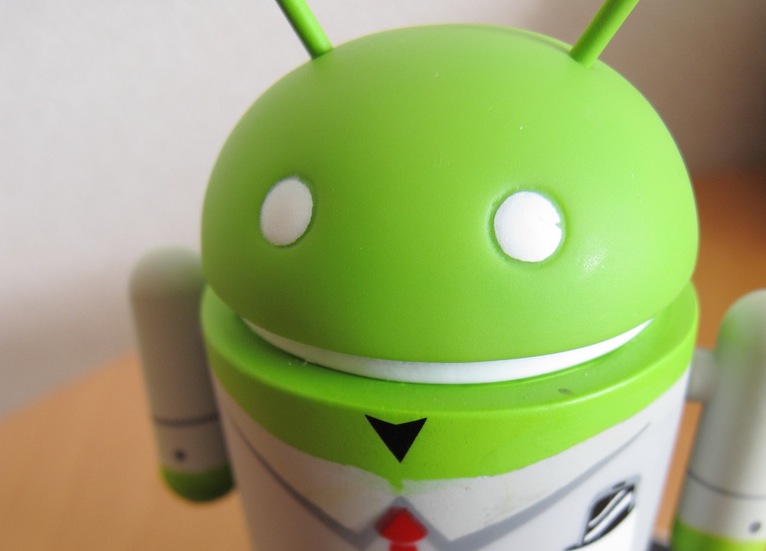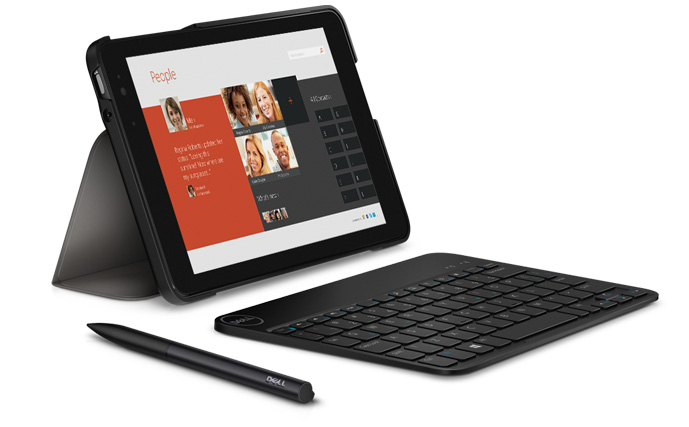Ever since the third generation iPad was released, Apple news has bloated my RSS feeds. I can’t help but wonder what Android’s next move is.
During the past week, Google made two big improvements for Android, though no one noticed because Apple is hogging the limelight. At the beginning of the week, Linux founder, Linus Torvalds, welcomed Android back home in the Linux 3.3 release. This is a chance for Android development to get back to its open-source roots, literally, seeing as how Android was originally born of the Linux kernel.
 The kernel is important to development because each operating system’s kernel has a key role: bridging physical devices to the applications that utilize them while a machine is running. Because Linux plays nice with Android, this means more developers can work with Google’s mobile OS again, and anyone could improve Android’s future.
The kernel is important to development because each operating system’s kernel has a key role: bridging physical devices to the applications that utilize them while a machine is running. Because Linux plays nice with Android, this means more developers can work with Google’s mobile OS again, and anyone could improve Android’s future.
Earlier today, Android also upgraded its software development or SDK. Just like most upgrades, there were a few new features and some bug fixes. Nerd alert: What has most developers excited about this upgrade, though, is that x86 is supported natively in the emulator on Windows and OS X for the first time. Don’t let the tech-lingo make your eyes glaze over. This means that the Android emulator on computers can now run apps in development at “near native speeds.” Before this upgrade, the emulator’s performance was laughable.
In spite of these exciting changes for Android, the bulk of the headlines I see read like this: “New iPad is so hot it catches fire, but you know you still wanna buy it!” Five days ago the new iPad was officially on sale, and two days ago it was rumored that the units have overheating issues.
Issues or not, nothing stopped Apple from selling a record breaking 3 million iPads during the weekend. That’s even after tech writers noted that Apple is running out of good ideas. Let’s be honest; there’s really not that much difference between the second and third generation iPads.
So, what’s Google to do?
Most bloggers (and I agree with them) say the issue is in the fragmentation of OS versions. There are too many different versions of Android OS in the market, and it’s making life difficult for developers.
Android version 4.0 was publicly released in October of last year. As of March 5, though, only 1.6 percent of Android’s users had devices that could run Ice Cream Sandwich, according to Developer.Android.com. This is a developer’s nightmare. There are more than 11 different versions of Android’s OS, and the majority of the users have a version that is a year or more old.
I love my android phone, and I would hate to see Android vanish. Unless Google wants to give its users free Ice Cream Sandwich devices, I don’t see this problem being fixed any time soon. In the meantime, users will be hungry for a fix.
Photo Courtesy of MIKI Yoshihito




This is really interesting, You’re a very skilled blogger. I have joined your rss feed and look forward to seeking more of your magnificent post. Also, I have shared your web site in my social networks!|